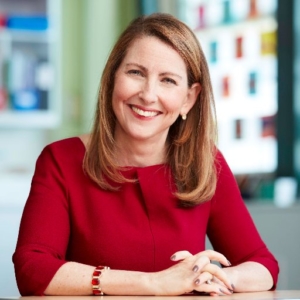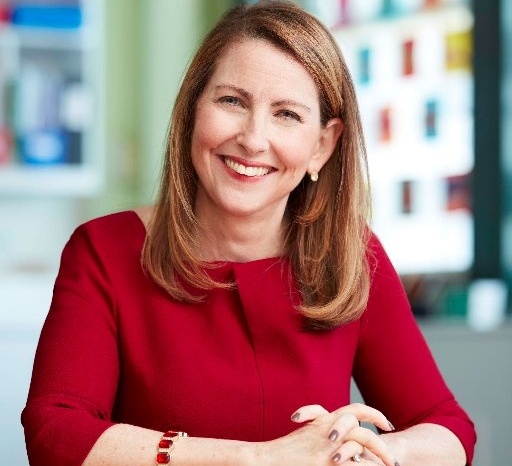Eva Moskowitz of Success Academy on Charter Schools, Achievement Gaps, & COVID-19 Learning Loss
This week on “The Learning Curve,” Cara and Gerard kick off the new year with Eva Moskowitz, CEO & Founder of Success Academy Charter Schools, a network of 47 schools enrolling 20,000 K-12 students in New York City. Eva shares her own education path, and how it influences her leadership and philosophy. She highlights some of the methods Success Academy has pioneered and implemented to drive outstanding academic achievement for the city’s most underserved students, as well as adjustments the network has made in response to COVID-19. They discuss the next U.S. Secretary of Education and the critical issue of school reopening, as well as learning loss and other challenges the pandemic is bringing to light and exacerbating for New York City’s public school children. Eva also shares thoughts on innovative approaches to resource allocation, and the recruitment, preparation, and retention of high-quality teachers and principals. She concludes with advice for the next generation of educators.
Stories of the Week: Gerard and Cara review some of the major priorities for Miguel Cardona, President-elect Biden’s nominee for U.S Secretary of Education. In Indiana, a new report finds that only 43 percent of the state’s public education employees are teachers. Is the support staff hiring surge, especially at this time, crowding out higher teacher compensation and other classroom needs?
Guest:
 Eva Moskowitz is the Founder and Chief Executive Officer of Success Academy Charter Schools, a network of 47 schools enrolling 20,000 K-12 students. Eva’s experience as a teacher, college professor, elected official, Chair of the New York City Council’s Education Committee, and public school parent make her uniquely qualified to effectively lead the organization in establishing high-performing schools and pioneering for educational excellence. She holds a bachelor’s degree from University of Pennsylvania, a Ph.D. in American history from Johns Hopkins University, and a Doctorate of Humane Letters from Tufts University.
Eva Moskowitz is the Founder and Chief Executive Officer of Success Academy Charter Schools, a network of 47 schools enrolling 20,000 K-12 students. Eva’s experience as a teacher, college professor, elected official, Chair of the New York City Council’s Education Committee, and public school parent make her uniquely qualified to effectively lead the organization in establishing high-performing schools and pioneering for educational excellence. She holds a bachelor’s degree from University of Pennsylvania, a Ph.D. in American history from Johns Hopkins University, and a Doctorate of Humane Letters from Tufts University.
The next episode will air on Wednesday, January 13th, 2020 at 12 pm ET with guest, Ignat Solzhenitsyn, a pianist, conductor laureate of the Chamber Orchestra of Philadelphia, principal guest conductor of the Moscow Symphony Orchestra, and son of the Nobel Prize-winning Russian writer Aleksandr Solzhenitsyn.
Tweet of the Week:
The #TIMSS 2019 International Results in Mathematics and Science is now available! Check out https://t.co/s28mR0yVL8 to learn about student achievement in mathematics and science around the world. @iea_education @bclynchschool #TIMSS2019 #STEM pic.twitter.com/wfHMko4e1c
— TIMSS & PIRLS (@TIMSSandPIRLS) December 8, 2020
News Links:
Report: Teachers make up only 43 percent of K-12 education employees in Indiana
Miguel Cardona, Biden’s Pick for Education Secretary, Stares Down a Long To-Do List | Education News | US News
Get Updates on Our Education Research
Recent Episodes:





















